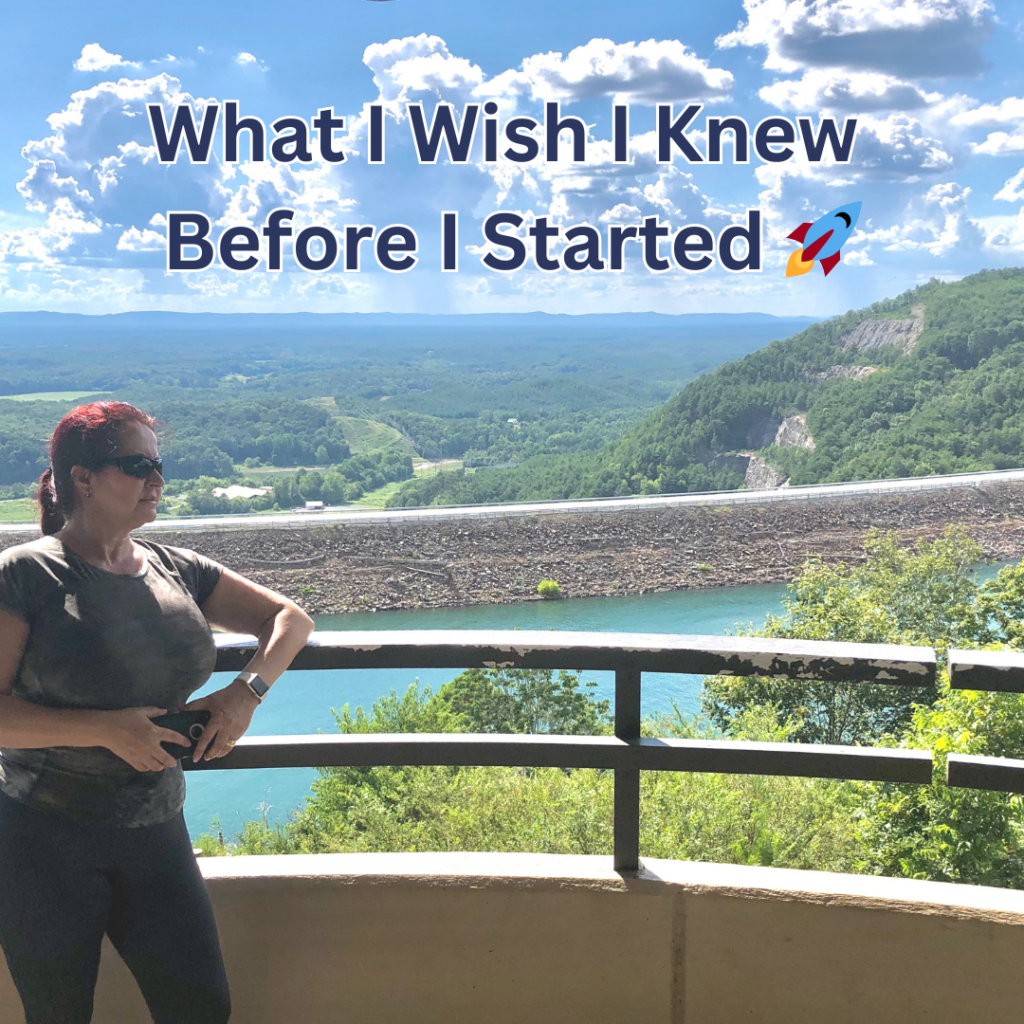Introduction:
Venturing into a startup is often romanticized: the big idea, the excitement of launching, the dream of scaling to millions. But behind the glossy success stories is a rollercoaster of challenges, long nights, self-doubt, and hard-earned lessons.
I know this firsthand.
My first attempt at launching a startup didn’t go as planned. It wasn’t because of a lack of vision or effort but because I underestimated some of the most crucial elements of building a business, i.e., the right partners, the realities of long hours, and the complexities of managing a remote team.
If you’re thinking of starting your own venture, here are the hard-earned lessons I wish someone had told me earlier.
1. The Right Co-Founder Is Everything 🤝
If there’s one thing I wish I had done differently, it’s choosing the right co-founder. A startup is not a solo journey. You need a partner who shares your vision, stand for similar value of respect and equity, complements your skill set, and is equally committed.
💡 What I learned:
- A co-founder isn’t just someone who agrees with you—they should challenge you, bring different strengths, and push the company forward.
- Trust is everything. If you don’t 100% trust your co-founder’s decisions and positions, there will be cracks when things get tough.
- Before committing, test your partnership: work on a project together, handle a challenge, and see how you both respond under stress.
- Test their values beforehand: Actions speak louder than words. Do they truly respect collaboration, or do their decisions put the project, and your well-being—at risk?
- Test their attitude towards money: If they show signs of greed early on, it will only get worse once investors or profits come in. A greedy co-founder can derail everything. Be aware of such attitude! If you need to know about signs of greed, comment below!
📊 According to CB Insights, 23% of startups fail due to team issues. That means nearly one in four startups collapse because founders weren’t aligned.
2. The Workload Is More Than You Expect (And Then Some) ⏳
Starting a business is not a 9-to-5 job: it’s a 24/7 mental game.
I knew startups were hard work, but I underestimated just how consuming it would be.
💡 What I learned:
- Be prepared to wear multiple hats: CEO, marketer, customer service rep, and accountant, all at once.
- Long nights and early mornings are inevitable, especially in the early days. If you’re not obsessed with what you’re building, burnout is a real risk.
- Learn to prioritize. Not everything is urgent, but execution is everything.
📊 A Harvard Business Review study found that founders work, on average, 64 hours per week, and that’s just the average. Some work even more, sacrificing weekends, vacations, and personal time.
3. Remote Teams Are Amazing, right? But Also a Huge Challenge 🌍
With talent scattered across the world, hiring remotely sounds like the ultimate advantage—access to global skills, diverse perspectives, and lower operational costs. But I didn’t anticipate how hard it would be to manage a team across different time zones, cultures, and work styles.
💡 What I learned:
- Over-communicate. Without in-person interactions, assumptions kill productivity.
- Establish clear goals and workflows: don’t assume people will automatically understand your vision.
- Time zone differences can be frustrating: set structured check-ins and define clear response time expectations.
- Do not waste too much time on employees who show NO INTEREST in supporting your vision and help you achieve it. “Hire Fast & Fire Faster”
📊 Studies show that 82% of remote managers struggle with communication and productivity. Having the right tools (Slack, Asana, Notion, Trello, WhatsApp for daily check-ins/reminders) is crucial, but even more important is setting a culture of accountability. If and when employees do not respond to accountability and they become a burden to you and a time-consuming endeavor, let them go!
4. Fundraising & Money Management Is a Whole Other Beast 💰
I thought the hardest part was coming up with the idea. Turns out, raising money, managing finances, and making every dollar count is even harder.
💡 What I learned:
- Bootstrapping teaches discipline, but at some point, you need capital to scale.
- Investors don’t just fund ideas: they fund execution, traction, and teams they believe in.
- Cash flow is king. Many startups don’t die from lack of customers; they die from running out of money.
📊 38% of startups fail due to running out of cash (CB Insights). That’s more than one-third of all startups: Alarming? won’t you agree? Main reason: they mismanaged finances or couldn’t secure the next funding round. This must be the MOST terrifying feeling a founder can experience!
5. Every Setback Is a Lesson (If You Let It Be) 🚀
I won’t sugarcoat it: failing at my first startup hurt. But looking back, I wouldn’t trade those lessons for anything. They shaped how I approach my current venture, Krello, with more wisdom, resilience, and a better game plan. I also learn how to be more appreciative of my co-founders and cherish both our work together and our alignments in values, trust, transparency, and much more!
💡 What I learned:
- Failure isn’t the opposite of success: it’s part of it. The faster you learn, the faster you grow.
- Surround yourself with people who push you, challenge you, respect you, and support your vision.
- The journey is long. Be patient, be relentless, and most importantly: believe in what you’re building.
Final Thoughts: If You’re Thinking of Starting a Startup…
Would I do it all over again?
Absolutely. But this time, I know what to watch out for.
🔥 Find the right co-founder/s: your startup depends on it.
🔥 Prepare for long, exhausting hours: it’s a marathon, not a sprint.
🔥 Build strong remote work structures: communication is key.
🔥 Master financial discipline: money runs out faster than you think.
🔥 Embrace failure, but fail forward: every mistake is a lesson.
A startup is one of the hardest, most rewarding things you’ll ever do. If you’re thinking about it, go in with open eyes, a solid plan, and relentless determination.
💬 What’s the biggest lesson you’ve learned (or fear) about startups?
Let’s discuss in the comments! 🚀🔥

